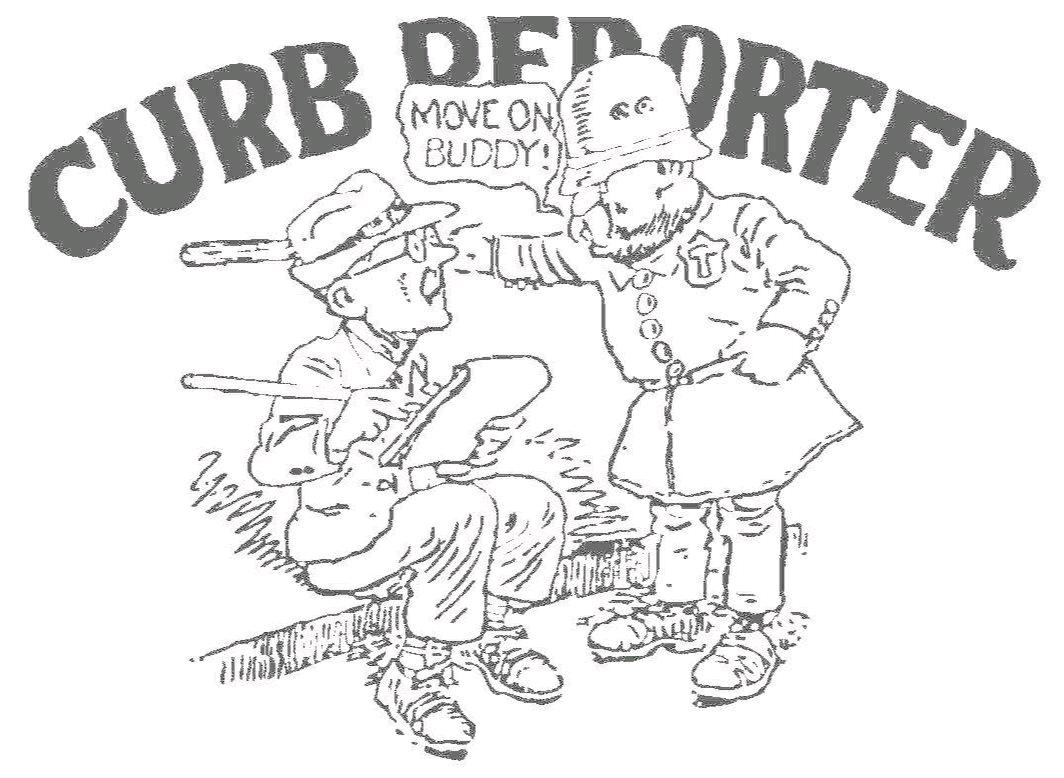Vote against the constitutional amendment
Published 6:03 pm Tuesday, May 1, 2012
To the editor:
The amendment on our primary ballot states: “Constitutional Amendment to provide that marriage between one man and one woman is the only domestic legal union that shall be valid or recognized in this State.”
Then you vote “For” or “Against.”
So what are you actually voting for?
The one-sentence amendment is all there is – this is not a bill with 400 pages behind it. If you read it, you aren’t actually voting about marriage, which has already been defined as only between a man and a woman by state law, but rather you are voting whether a marriage between one man and one women should be the “only domestic legal union” that shall be valid or recognized in this state.
So what is a “domestic legal union?” It is not a marriage, and no one really knows what it is as it has not been defined and this term has never been used before in North Carolina law.
This means the courts will have to decide what it means and they have nothing to base a decision on other than the three words. What we do know is that the language of this amendment would restrict protections for all unmarried couples – whether they are straight or same-sex.
The exact consequences are unknown until the legal decisions are made but they could be very far reaching and hurt many North Carolinians. They would almost certainly eliminate domestic partner insurance benefits.
They would probably also invalidate domestic violence protections for all unmarried partners; undercut existing child custody and visitation law that is designed to protect the best interests of children; prevent the state from giving committed couples protections that help them order their relationships, including the right to determine the disposition of their deceased partner’s remains; to visit their partner in the hospital in the event of a medical emergency; to make emergency medical decisions for their partner if their partner is incapacitated and to make financial decisions for their partner. It may also invalidate trusts, wills and end-of-life directives by one partner in favor of the other.
It is impossible to predict definitively how broadly courts would interpret the amendment’s prohibitions, given its vague and untested language.
However, two things are clear: First, it will take courts years of litigation to settle the amendment’s meaning. Second, when the dust clears, unmarried couples will have fewer rights over their most important life decisions than they would have had otherwise.
The legal opinions I’ve stated here are from the University of North Carolina School of Law website.
Please go there for additional information about the potential consequences of this amendment.
If you don’t think this will affect many people, please consider that the 2010 Census reported 222,800 unmarried couples in North Carolina.
Please vote no on Amendment One.
– Jerry Hardvall, Tryon


